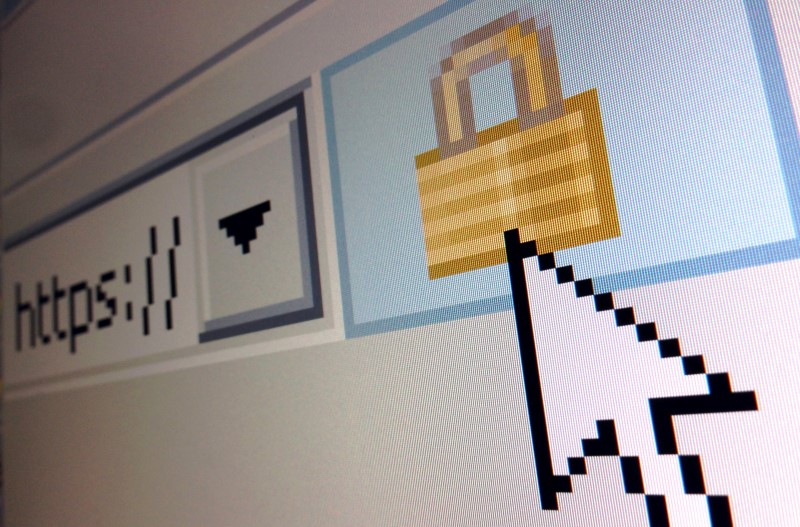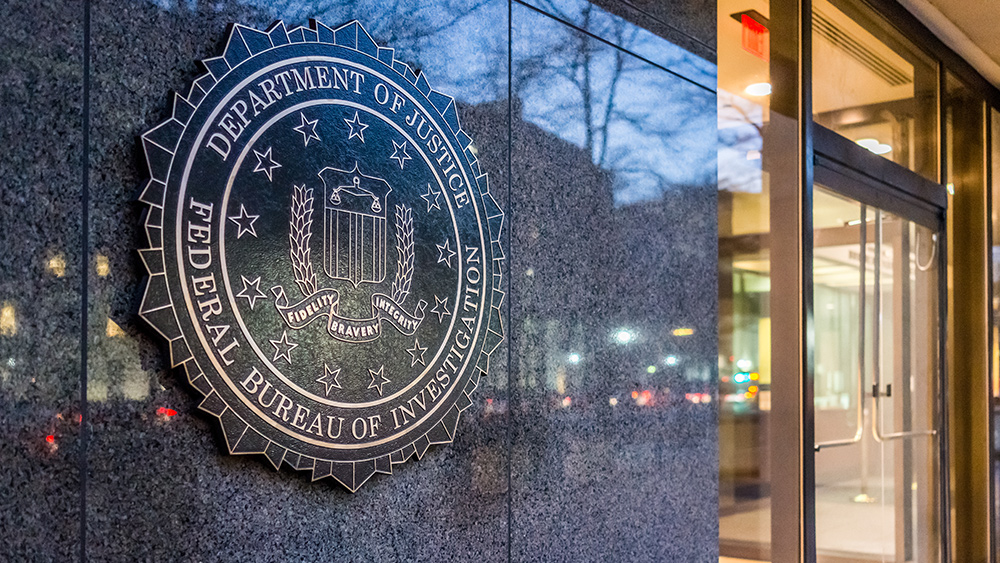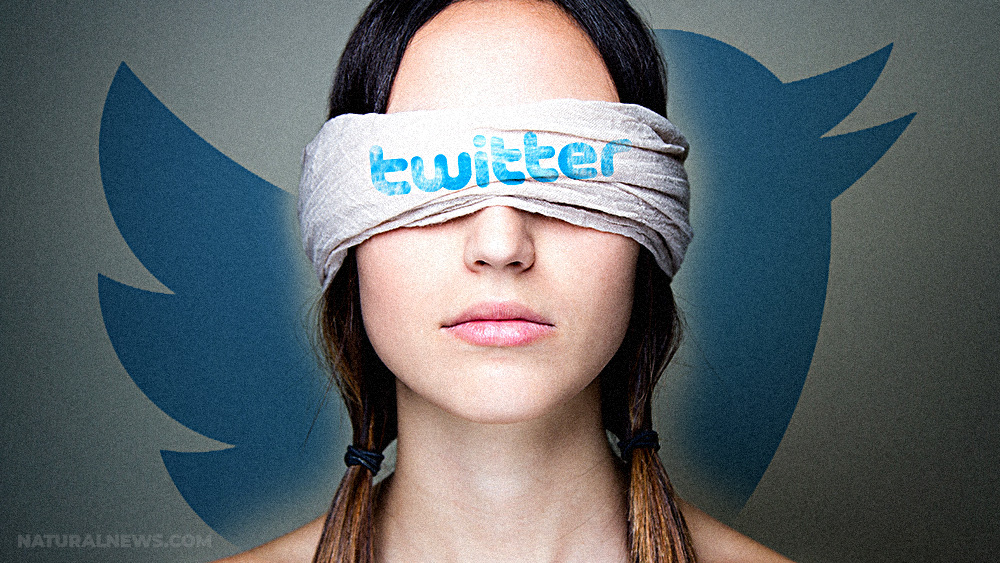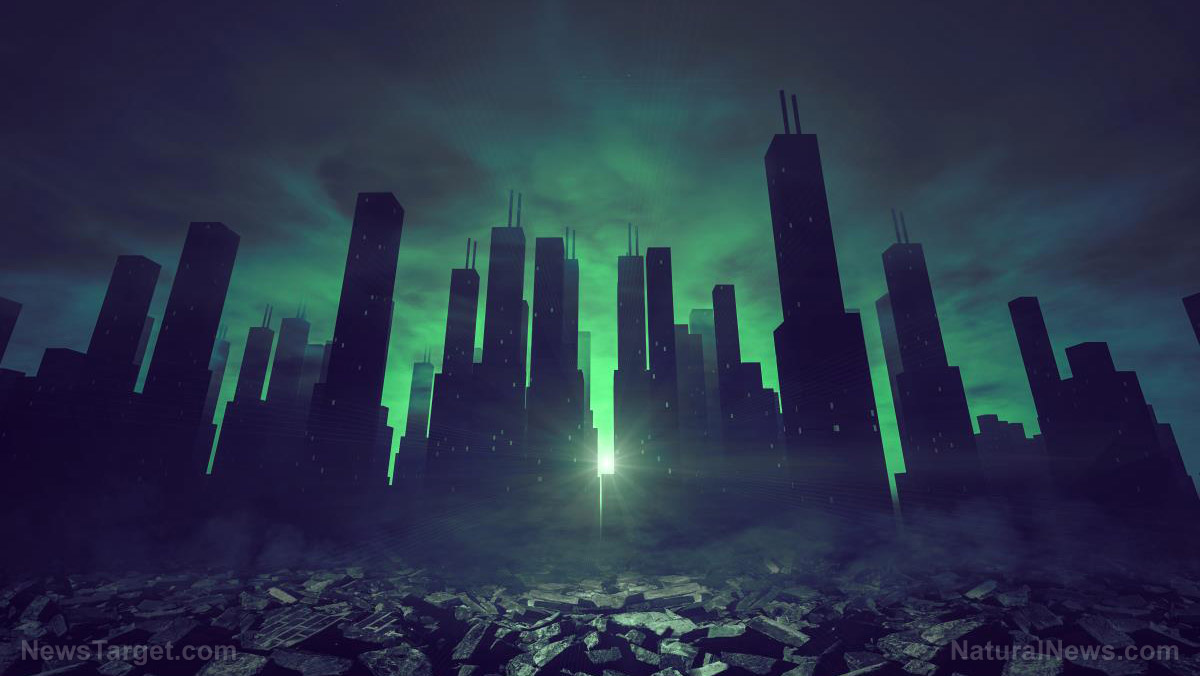Donbas separatist republics BAN Google for pushing Western propaganda and threatening Russian speakers in the region
07/28/2022 / By Arsenio Toledo
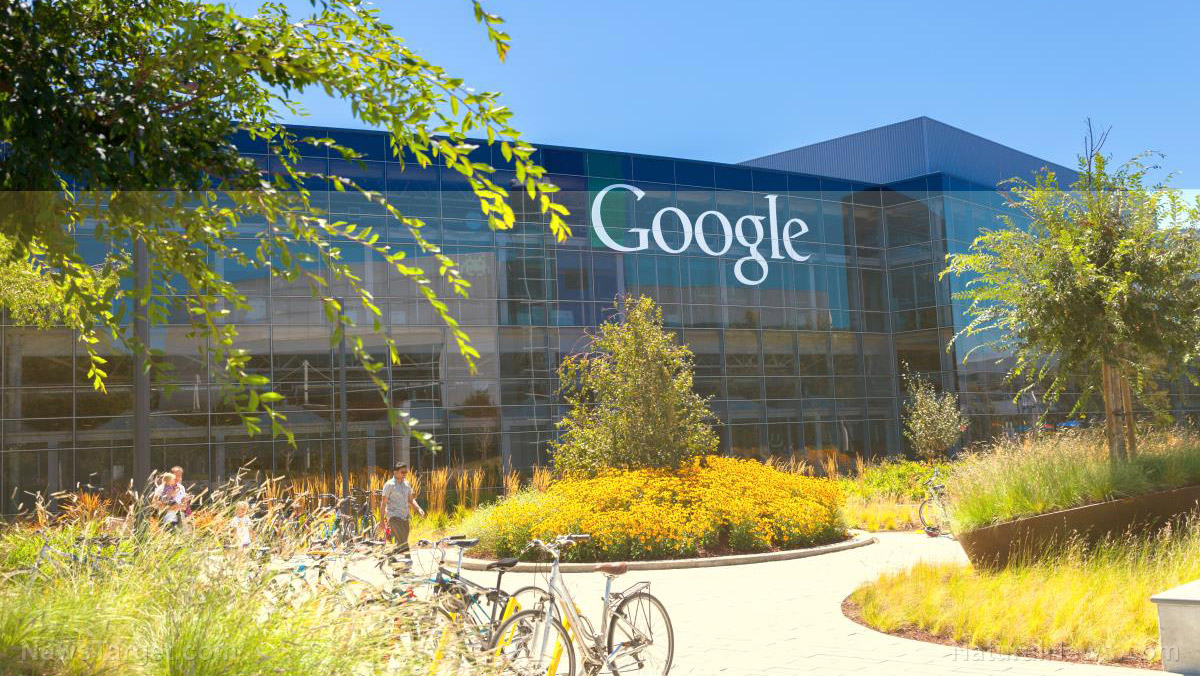
The separatist republics of Donetsk and Luhansk in eastern Ukraine have decided to block Google in an attempt to protect their people from the propaganda “threats” coming from Kyiv and the West.
In a message posted on Telegram, Denis Pushilin, head of the Donetsk People’s Republic, accused Google of pushing anti-Russian propaganda that directly threatens the safety of Russians in Ukraine.
“The inhuman propaganda of Ukraine and the West has long crossed all boundaries. There is a real persecution of Russians, the imposition of lies and disinformation,” he wrote. He added that the search engine “openly, on the orders of its curators from the U.S. government, promotes terrorism and violence against all Russians, and especially the population of Donbas.” (Related: Google helping Deep State control narrative by demonetizing all content critical of Ukraine.)
According to Pushilin, his government only did what any other government in the West would do when dealing with criminals in their jurisdictions.
“This is what they do in any society with criminals: They are isolated from other people,” he said. “If Google stops pursuing its criminal policy and returns to the mainstream of law, morality and common sense, there will be no obstacles for its work.”
The head of Luhansk People’s Republic, Leonid Pasechnik, made a similar statement banning Google. He stated that the search engine has become “the main weapon” used by Kyiv and the West in their media offensive against the Donbas separatists.
“We will do fine without Google,” he said. “If they redeem themselves and start respecting people – we will think about its return.”
Pro-Western Big Tech platforms banned in Russia and Donbas
The announcement of the ban was just the latest move taken by either the Donetsk or Luhansk People’s Republics to restrict Western tech giants. Both separatist republics previously banned Facebook and Instagram in May on the grounds that both platforms “allowed calls for violence against Russian-speaking users.”
This move followed Russia’s own ban against Meta’s social media platforms after a court in Moscow found the company guilty of promoting “extremist activity,” including allowing death threats against Russian President Vladimir Putin and the country’s military leaders.
On July 18, a court in Russia fined Google 21 billion rubles ($353 million), citing the tech giant’s failure to delete prohibited information regarding the conflict in Ukraine on its search engine and on YouTube. This content allegedly promoted “extremism and terrorism” and included a lot of false information regarding the war in Ukraine.
Since the beginning of the war in late February, Russia has ramped up its enforcement of laws meant to clamp down on the spread of disinformation. Back in May, this anti-disinformation campaign led to Google’s Russian branch filing for bankruptcy, saying it was “untenable” for the office to continue operating in the current environment.
If Donetsk and Luhansk are able to properly enforce the full-scale ban on Google, it would mark a new and more aggressive step in the digital campaigns of both separatist republics.
Learn more about the war in Ukraine at UkraineWitness.com.
Watch this clip from “The Jimmy Dore Show” as host Jimmy Dore talks about how Ukraine has collapsed.
This video is from the What Is Happening channel on Brighteon.com.
More related stories:
Ukrainian censorship of “war and peace” is the modern equivalent of Nazi book burning.
An intellectual no-fly zone: Online censorship of Ukraine dissent is becoming the new norm.
Sources include:
Submit a correction >>
Tagged Under:
anti-Russian, banned, biased, big government, Big Tech, conspiracy, disinformation, Donbas, Donetsk, Google, Luhansk, propaganda, Russia, Russia-Ukraine war, russophobia, search engines, Social media, tech giants, technocrats, Ukraine, World War III
This article may contain statements that reflect the opinion of the author
RECENT NEWS & ARTICLES
COPYRIGHT © 2018 TECHGIANTS.NEWS
All content posted on this site is protected under Free Speech. TechGiants.news is not responsible for content written by contributing authors. The information on this site is provided for educational and entertainment purposes only. It is not intended as a substitute for professional advice of any kind. TechGiants.news assumes no responsibility for the use or misuse of this material. All trademarks, registered trademarks and service marks mentioned on this site are the property of their respective owners.






